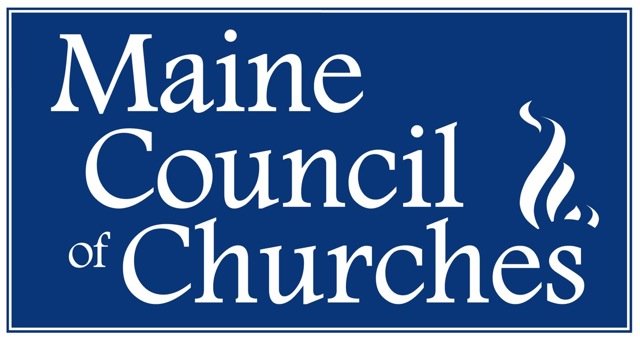“love of neighbor”

Last time in this blog series, we introduced you to our newly adopted mission, vision, values and strategy statements [ Blog #1] and did some unpacking of the new mission/vision statement.
This time, we’ll unpack the values undergirding and shaping MCC’s work and witness.
A single core value is at the center of all we do: “love of neighbor.”
A wise man once said that all the law and the prophets hang on the commandment to love God and love your neighbor as yourself. It is central to the message of both Hebrew and Christian scripture (Leviticus 19:18, Matthew 22:39, Mark 12:31, Luke 10:27, Romans 13:9, Galatians 5:14, and James 2:8), and defines not only what we at MCC do, but why we do it.
In the new way we are talking about who MCC is, what we do, and why we do it, we’ve also identified five corollaries to our core value of love of neighbor. We agree to abide by these five guiding principles as we move forward together into the future:
Seek wisdom
We look for guidance, direction, and grounding in the collected wisdom of generations as it is found in Hebrew and Christian scriptures (what theologian Donnell McLachlan calls “the love-rooted, justice-centered wisdom found in the bible”), and in our member-denominations’ spiritual traditions and experiences. We recognize the wisdom of those who are marginalized, oppressed, and outcasts, and the inherent wisdom revealed in Nature.
Journey with humility
The Hebrew prophet Micah explained that, in addition to doing justice and loving kindness, we are required to “walk humbly with God” [Micah 6:8]. (When adopting this guiding principle, the MCC Board chose the word “journey” rather than “walk” to avoid ableist language and to be intentionally inclusive of folks with different abilities and disabilities.)
A posture of humility keeps us mindful that we don’t have all the answers, that we are the created and not The Creator. When we move forward humbly, we are open to possibilities for learning and growth, and to possibilities for recognizing, naming, and repairing harm. By centering the voices and experiences of those often silenced on society’s margins, we become more aware of systemic inequities that over-advantage some and under-privilege others—inequities that require redress through our attention and action.
Practicing humility requires us to reorient our relationship to the environment, rejecting a dynamic of dominion and, with awe and reverence, acknowledging our interdependence with creation.
Derive strength from community
As an ecumenical coalition committed to weaving networks of collaboration and partnership—not only among churches but also with those of other faith and wisdom traditions and those working for justice, compassion, and peace in the secular realm—we know that we are stronger together. By strengthening and nurturing these relationships, we help to create communities of belonging, solidarity, grace, and interdependence capable of collective impact and creative transformation.
Build trust
We are called to create spaces of sacred trust, respect, and safety that enable truth-telling, careful listening, storytelling, vulnerability, risk-taking, and mistake-making. These spaces should mitigate and prevent harm, particularly for those who have experienced harm within the church, or because of prejudice and inequity based on race, age, gender identity, sexual orientation, religion, national origin, social class, or disability. We seek to earn trust and to be considered trustworthy allies and partners of all those with whom we work.
Demonstrate courage
Speaking truth to power, hearing the truth spoken to us in love, and risking vulnerability when we speak and when we listen require courage, as does facing an uncertain future. Such courage is not the absence of fear—it is the capacity to move forward faithfully even when we are afraid, an acknowledgement that there is something more important than our fear. We believe we are called to be courageous in carrying out our mission of speaking prophetically, connecting people, and creating a more just, compassionate, and peaceful world.
Next time, in the last blog post of this series… we’ll take a look at the strategy MCC has adopted for accomplishing its mission. Stay tuned!

